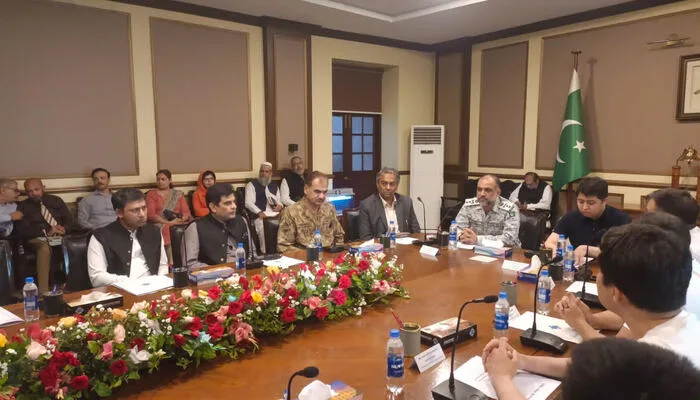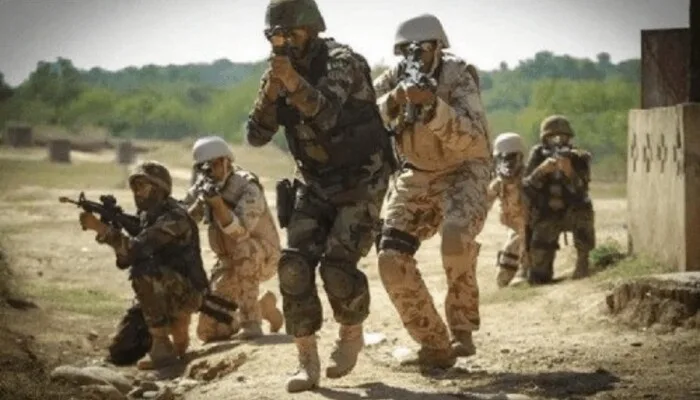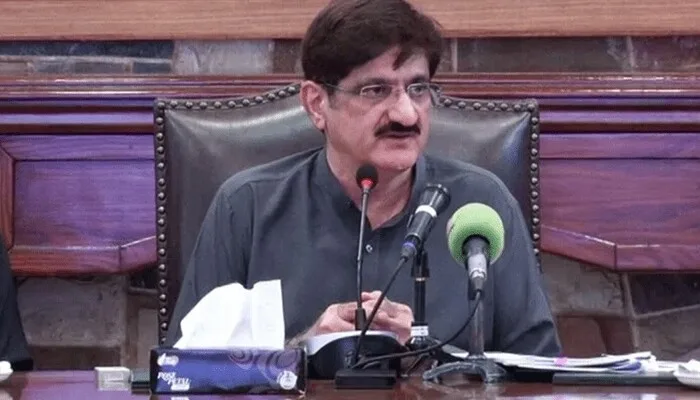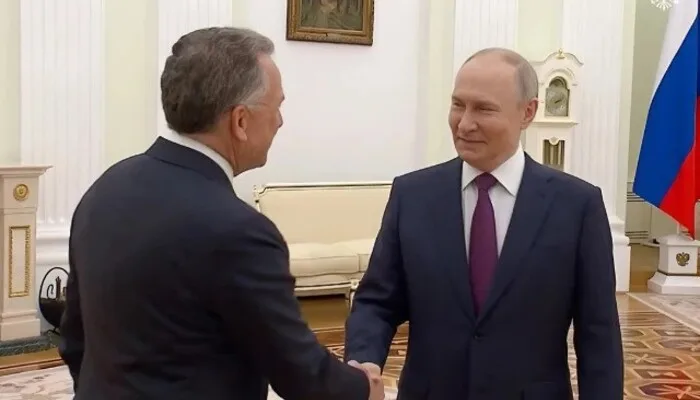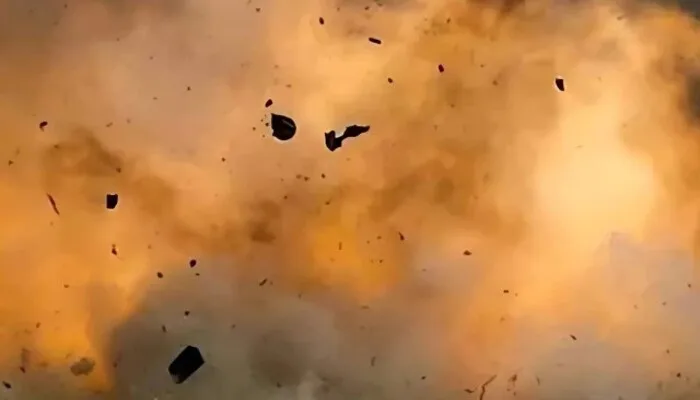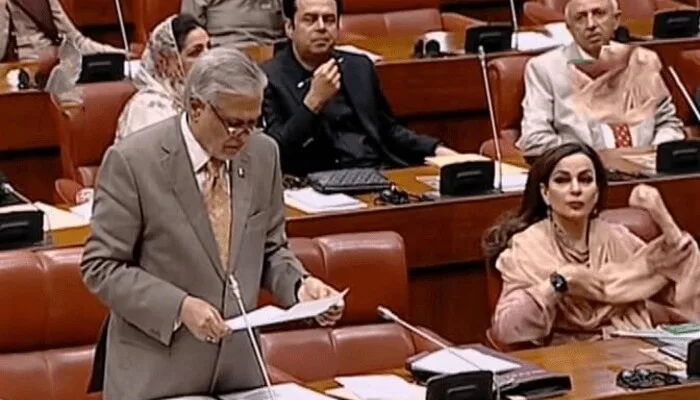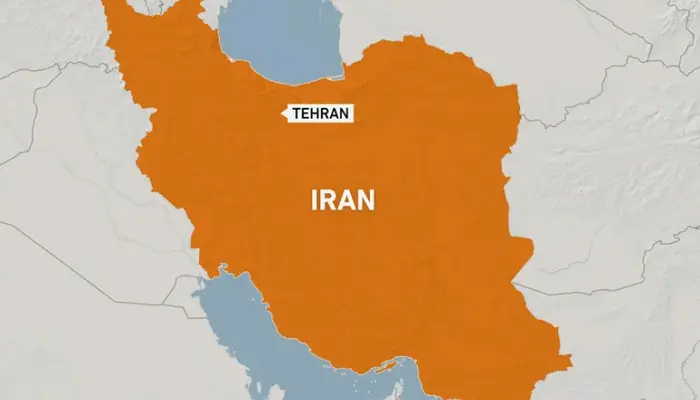
In a shocking act of violence, two senior judges of Iran’s Supreme Court were killed in a targeted shooting at the tribunal building in central Tehran. The tragedy unfolded on Saturday morning when an armed attacker stormed their office and opened fire before taking his own life. This assassination has raised serious questions about security and motives behind the crime.
Details of the Attack
The victims, Hojjat al-Islam Razini and Hojjat al-Islam wal-Muslimeen Moqisseh, were high-ranking judges who presided over separate branches of the Supreme Court. Both were deeply involved in cases related to national security, espionage, and terrorism. The judiciary described them as courageous legal experts who had dedicated their careers to upholding justice.
According to judiciary spokesperson Asghar Jahangir, the attacker entered the judges’ room armed with a handgun and fatally shot them. Moments later, the assailant turned the weapon on himself, ending his life.
Mystery Surrounding the Assailant
The identity and motive of the attacker remain unclear. Preliminary investigations revealed that the individual had no prior legal cases at the Supreme Court and was not a regular visitor to the premises. Authorities are conducting an extensive probe to uncover any potential links or reasons behind the act.
The judiciary’s media center emphasized the unusual nature of the incident, stating that it appears the attacker had no known connections to the court or its staff. This lack of information has left investigators working diligently to determine whether the crime was politically motivated or linked to personal grievances.
Read: Israel Security Cabinet Ratifies Gaza Ceasefire Agreement
Legacy of the Victims
Razini and Moqisseh were well-known figures in Iran’s judiciary system. Their work involved handling sensitive cases that played a crucial role in safeguarding the country’s national security. Officials have lauded their contributions, describing their deaths as an enormous loss to the nation.
The judiciary’s statement highlighted their significant efforts in combating crimes against national security and terrorism. Their roles often placed them at the center of high-stakes decisions that impacted the country’s stability.
Broader Implications
The attack has sparked concerns about security in Tehran, especially in critical institutions like the Supreme Court. It also raises alarms about potential threats to public officials handling sensitive cases. This incident underscores the need for stricter protective measures in such high-risk environments.
Investigative Challenges
While authorities work to piece together the details, the lack of clear evidence regarding the attacker’s identity and motives presents a significant challenge. Speculations about possible political or extremist motives have emerged, but no definitive conclusions have been drawn.
Iranian leaders have condemned the attack and vowed to bring clarity to the situation. Officials have also promised to strengthen security protocols to prevent future incidents of this nature.
This tragic event has left the nation grappling with the loss of two esteemed legal minds. The judiciary, along with security forces, remains committed to uncovering the truth and ensuring justice is served.
Follow us on Google News, Instagram, YouTube, Facebook,Whats App, and TikTok for latest updates



